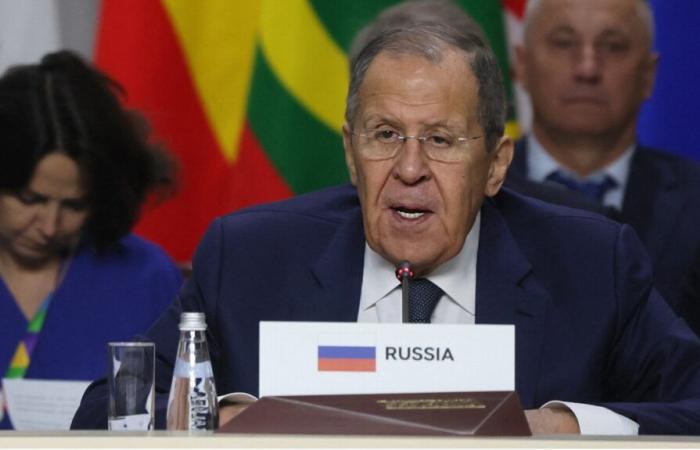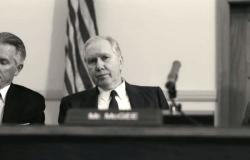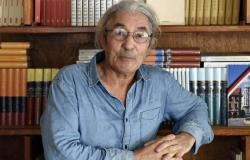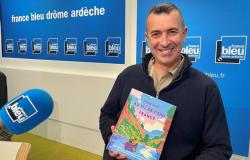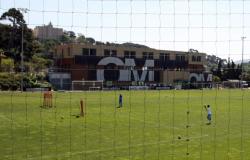For several years, Moscow, which was a major player in Africa during the Soviet era, has been pushing its pawns into African countries. They have not joined the Western sanctions taken against Russia since the launch of its attack in Ukraine in February 2022.
“Our country will continue to provide its full support to our African friends in different areas”assured Russian President Vladimir Putin in an address read on Sunday to senior officials from around fifty African countries. They were gathered in Sochi for a Russia-Africa ministerial conference.
It could be “sustainable development, the fight against terrorism and extremism, epidemic diseases, the resolution of food problems or the consequences of natural disasters”specified Russian Foreign Minister Sergei Lavrov.
“The African continent must be and will be one of the centers of the multipolar world”affirmed Sergei Lavrov during the closing ceremony of this conference, which follows two Russia-Africa summits in 2019 and 2023.
“Not a colonial power”
According to Sergei Lavrov, Russia and African countries see “progress in all areas” of their cooperation, “despite artificial obstacles” opposed by “the collective West”. The term is used by Moscow to refer to the United States and its allies.
He also assured that Russians and Africans judge “necessary to get rid of dependence on global mechanisms controlled by our Western colleagues”particularly in the financial field.
This conference comes after the Brics summit in October in Kazan (Russia), where Vladimir Putin wanted to demonstrate the failure of the policy of isolation and sanctions initiated by the West. In its informational influence strategy, particularly on social networks, the Russian government often accuses Westerners of practicing “neocolonialism” in Africa, a rhetoric that resonates with some African leaders.
Many Western officials accuse Russia of leading a conflict of an imperialist nature in Ukraine, a former Soviet republic.
Minerals and safety
In Africa, groups of Russian mercenaries like Wagner, or its successor Africa Corps, support local authorities and “advisers” work with officials, according to Moscow. This is particularly the case in the Central African Republic and the Sahel, where the growing influence of Russia has been accompanied by the meteoric decline of that of France.
Large Russian groups are also very interested in African raw materials: Alrosa in Angola and Zimbabwe (diamonds); Lukoil in Nigeria, Ghana, Cameroon and Congo (oil); Rusal in Guinea (bauxite)…

